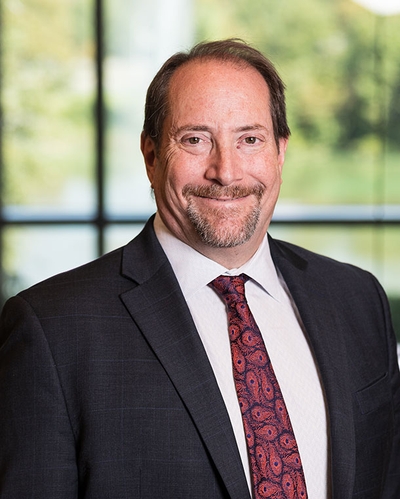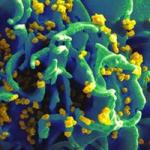
Research Topics
Dr. Philip Castle’s interests are the science and translation of cancer prevention strategies; global health disparities research; epidemiology of human papillomaviruses (HPV) and cervical/anogenital cancer.
HPV and Anogenital Cancer
HPV causes approximately five percent of cancers worldwide. HPV is the obligate cause of virtually all cervical cancer, most anal cancers, in addition to cancer of the penis, vagina, vulvar, and oropharynx. HPV-targeted approaches for primary prevention with prophylactic vaccines and secondary prevention with screening and treatment of chronic HPV infection and related abnormalities are the global strategy for prevention. However, there are significant gaps in our knowledge about their application and effectiveness, especially in people living with human immunodeficiency virus (HIV).
With colleagues at Albert Einstein College of Medicine and Rwanda Military Hospital, he is leading a cohort study to look at the long-term effectiveness of prophylactic HPV vaccination in women living with and without HIV. Dr. Castle is collaborating with colleagues at MD Anderson, Maputo Central Hospital, and the Mozambique Ministry of Health to conduct a comparative effectiveness randomized control trial of methods for ablating cervical HPV and related abnormalities in women living with HIV.
Dr. Castle collaborates with DCEG colleagues on studying the impact of introducing HPV testing into routine cervical screening at Kaiser Permanente Northern California (KPNC), where he launched the HPV Persistence and Progression Cohort and the KPNC Guidelines Cohort in the mid-2000s, the latter of which he remains co-PI.
Global Health
Using lessons learned from studies of HPV and anogenital cancer, Dr. Castle is embarking on two new research topics:
Breast cancer is emerging as the number one cancer in women living in low-income countries. Yet, screening with mammography is unlikely to be successfully applied in these settings because of the lack of resources, limited healthcare infrastructure, and scarcity of pathology services. Dr. Castle and colleagues will be evaluating methods that minimize the reliance on pathology for triage of women with palpable breast masses to quickly identify and classify women with breast cancer for treatment.
Oral cavity cancer (OCC), including cancer of the lip, is one of the most common malignancies and causes of cancer-related mortality globally. With Anil Chaturvedi, Ph.D., senior investigator, Dr. Castle is embarking on studies to evaluate interception strategies for the prevention of OCC in Taiwan.
Biography
Dr. Castle first joined the Division in 2000 as a Cancer Prevention Fellow under the mentorship of Dr. Mark Schiffman. He was appointed to tenure-track in 2003 and tenured in 2010. In 2011, he left NCI to serve as Executive Director and later Chief Scientific Officer of ASCCP (formerly the American Society for Colposcopy and Clinical Pathology). Prior to his return to NCI in 2021, Dr. Castle was a tenured professor in the Department of Epidemiology and Population Health at Albert Einstein College of Medicine, and the Executive Director and Co-Founder of the Global Coalition Against Cervical Cancer. He is a senior investigator in DCEG, and Director, NCI Division of Cancer Prevention.
Related Scientific Focus Areas
This page was last updated on Wednesday, October 22, 2025


